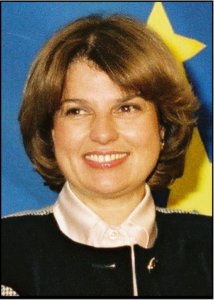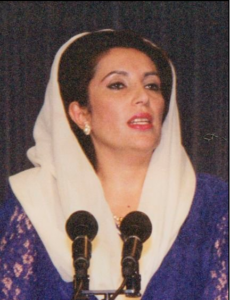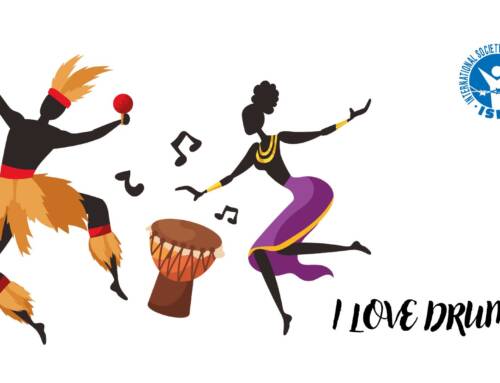International Women’s Day 2025

The Progress of Women since the Beijing Conference (1995–2025)
The Progress of Women since the Beijing Conference (1995-2025)

Tansu Ciller (1995)
The Beijing Conference, a landmark event held in Beijing, China, form September 1995, was focused on the empowerment and the advancement of women worldwide.
The memorable event which was convened by the United Nations was for the advancement of key global policy document on gender equality. At this conference, governments from around the world agreed on a plan, more so, to comprehensively reach a global legal equality, known as the Beijing Platform for Action. Some scholars assert that, the Platform for Action is the most progressive blueprint for advancing women’s right from 1995 to 2025.
The Conference was gracefully represented by 189 governments, UN agencies, intergovernmental organizations and also from across the world activists and organizations. This event evoke women artists all around the world to produce work that focused on collective issues vital to women, their lives, and within the framework of a society, a position they may hold.
1995: The Beijing Conference
The Fourth World Conference on Women held in Beijing in 1995, marked a significant milestone in the fight for women’s rights and gender equality. The conference resulted in the adoption of Beijing Declaration and Platform for Action, a comprehensive document outlining commitments to achieve gender equality and empower women worldwide. This has notably encouraged women to take up political offices. For instance, Benazir Bhutto, became the first prime minister of Pakistan for the second time, making her the first woman to hold the office twice. And also in 1995, Tansu Ciller became the first female Prime Minister of Turkey.

Benazir Bhutto (Moncloa-Palast, 1994)
2000: UN Security Council Resolution 1325
Again, UN Security Council agreed on Resolution 1325, recognizing the critical role of women in conflict prevention and resolution. This resolution marked a significant step forward in promoting women’s participation in peace building and conflict resolution. This special session was to review the progress and challenges. This was to curb the challenges women face in decision making in positions. In effect, it was to increase participation in peace negotiations, peace operations and post-conflict reconstruction. Women at the time begun to create the awareness to protect themselves from violence, including sexual and gender based violence. An example is the Noble peace prize winner, Malala Yousafzai, who survived a Taliban assassination attempt.
2015: Sustainable Development Goals (SDGs)
The United Nations launched the Sustainable Development Goals (SDGs), a set of 17 goals aimed at achieving a more just and sustainable world. The SDG 5 specifically focused on achieving gender equality and empowering all women and girls.

Malala Yousafzai (2023)
This was specifically formed to end all forms of discrimination against women and girls everywhere, to eliminate violence and to promote women participation in leadership at all levels decision making in politics, economic and public life. Progressively, this has increased access to education by the girl child and improved health care for both women and girls. In all, it has increased women participation and representation in parliament and local government system.
2020: 25th Anniversary of the Beijing Declaration
The world marked the 25th anniversary of the Beijing Declaration, with many countries assessing their progress in implementing the Platform for Action. Despite significant progress, many challenges remained, including persistent gender-based violence, unequal pay, and limited access to education and healthcare. The World leaders reaffirmed their commitment to attaining equality and empowering all women, focusing on education, economic empowerment, violence against women and climate change. It also served as a reminder to continually promote gender equality and empower women and girls.
2025: Beijing+30 Review
The global community will come together to review progress made since the Beijing Conference, with a focus on the implementation of the Beijing Declaration and Platform for Action. This review will provide an opportunity to access achievements, identify gaps, and renew commitments to achieving gender equality and empowering women worldwide.
Conclusion
The past three decades have seen significant progress in women’s rights and gender equality. Many countries, including Ghana, have implemented policies to address gender based violence and to protect women rights. Again, girls enrollment in school has significantly risen, with many countries achieving gender parity in education, however, despite these achievements, many challenges remain. As the global community comes together to review progress and renew commitments, it is essential to recognize the progress made and the work still to be done to achieve a more equitable and just world for all.





